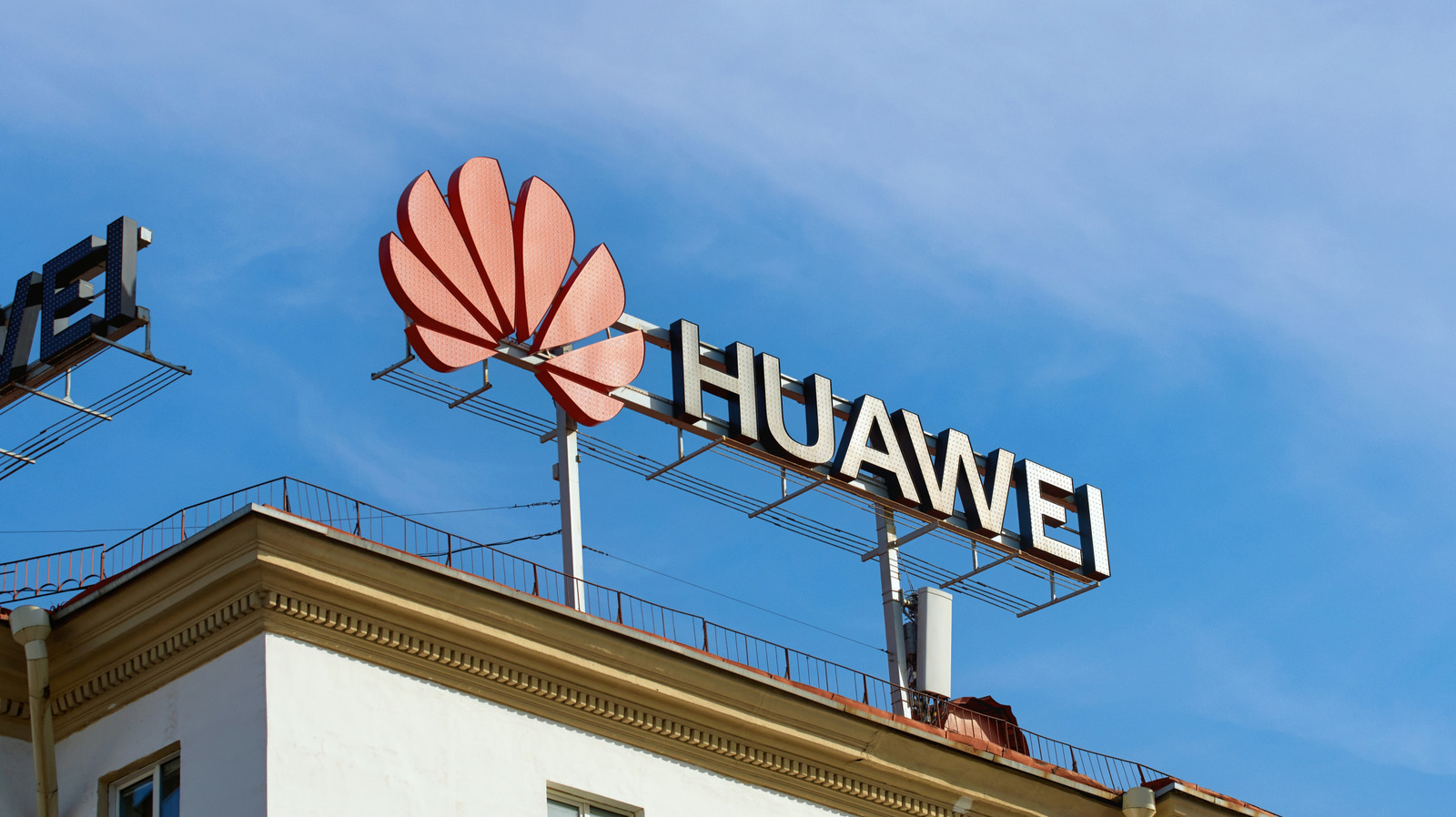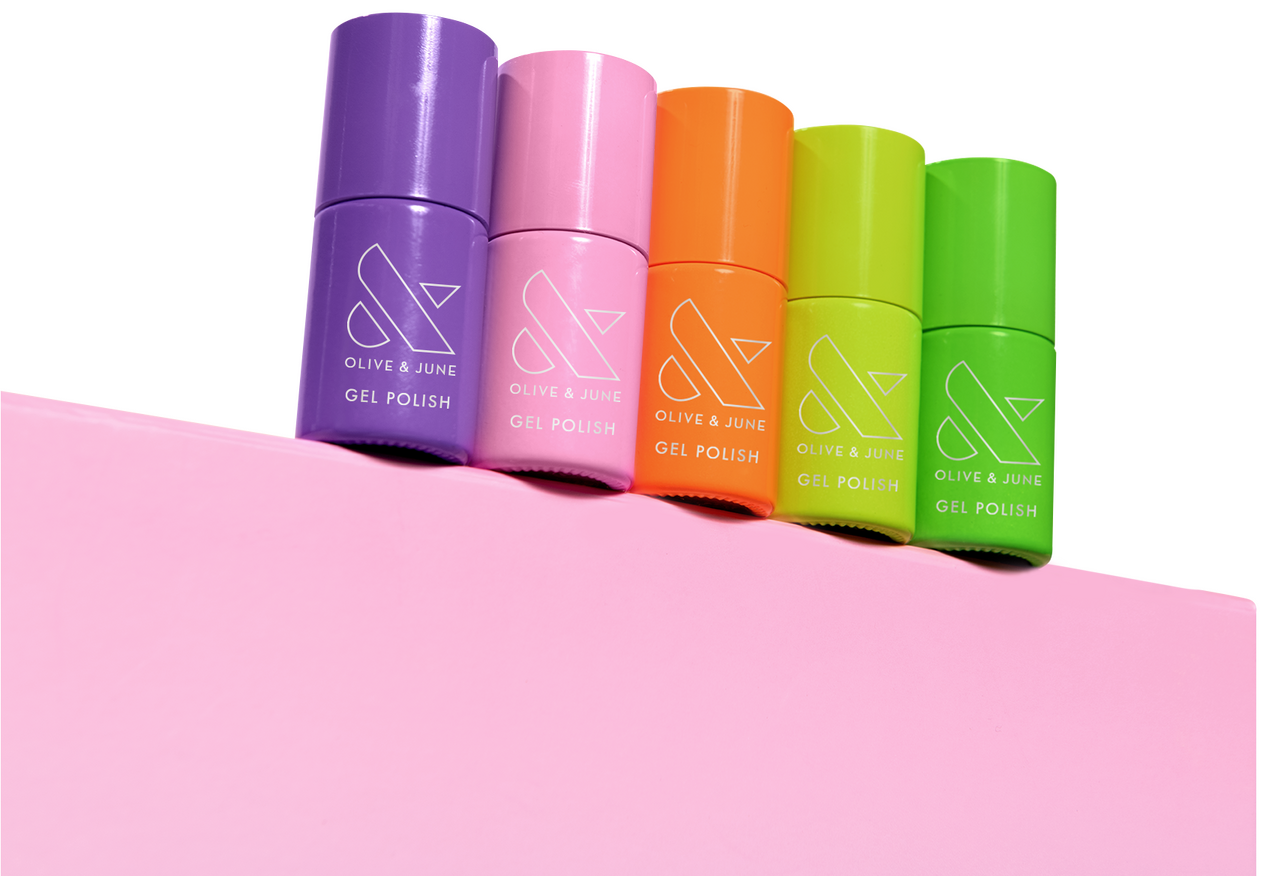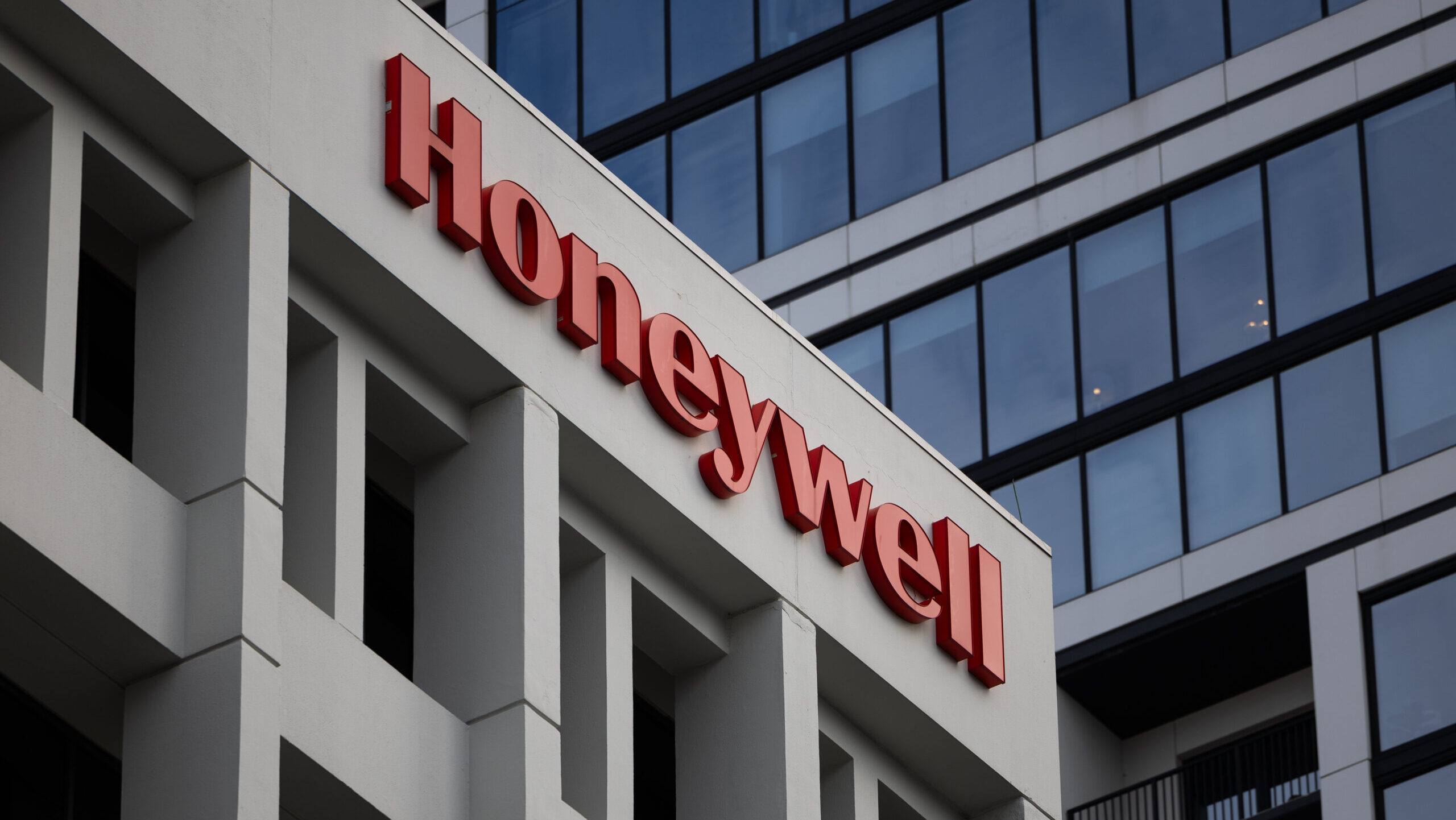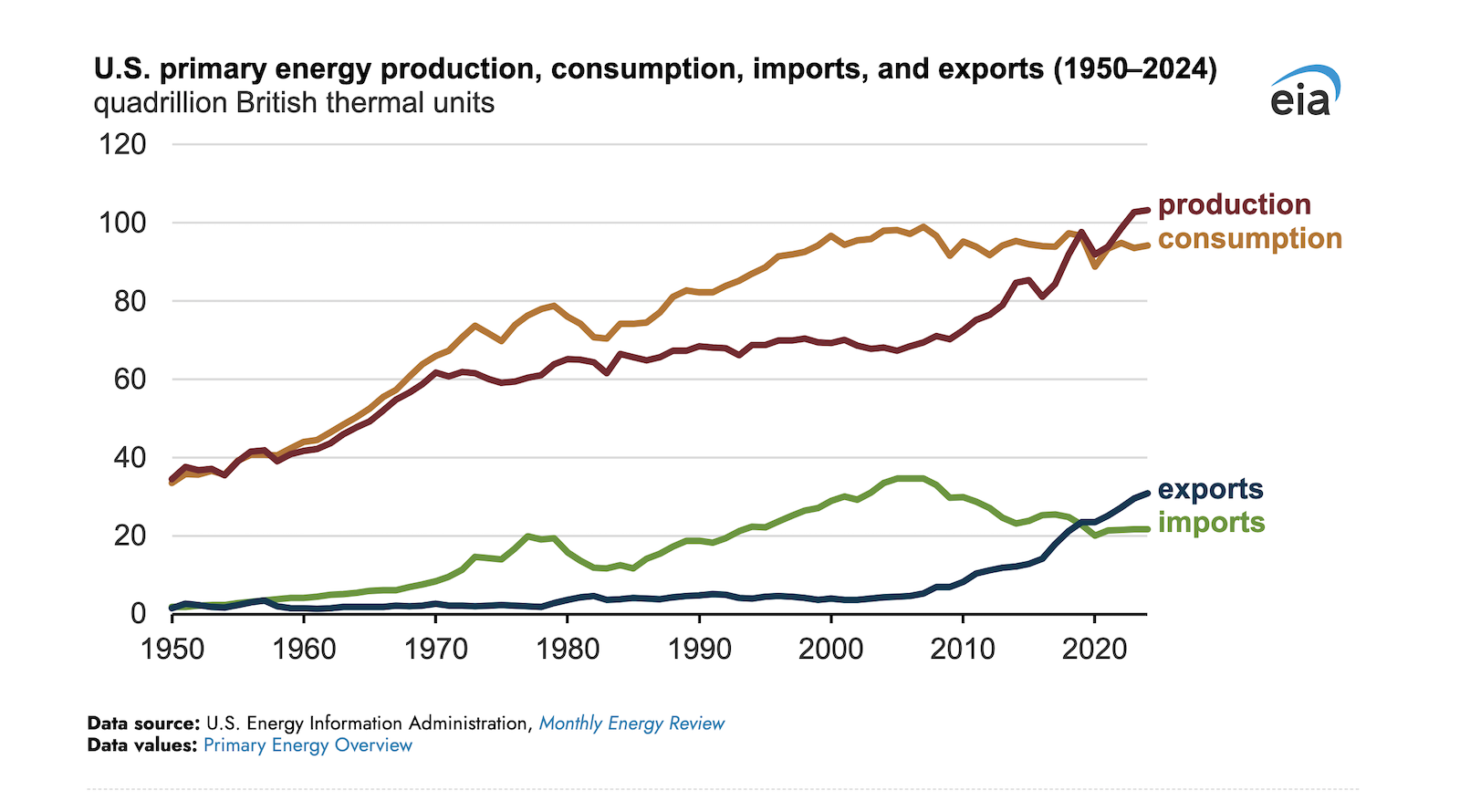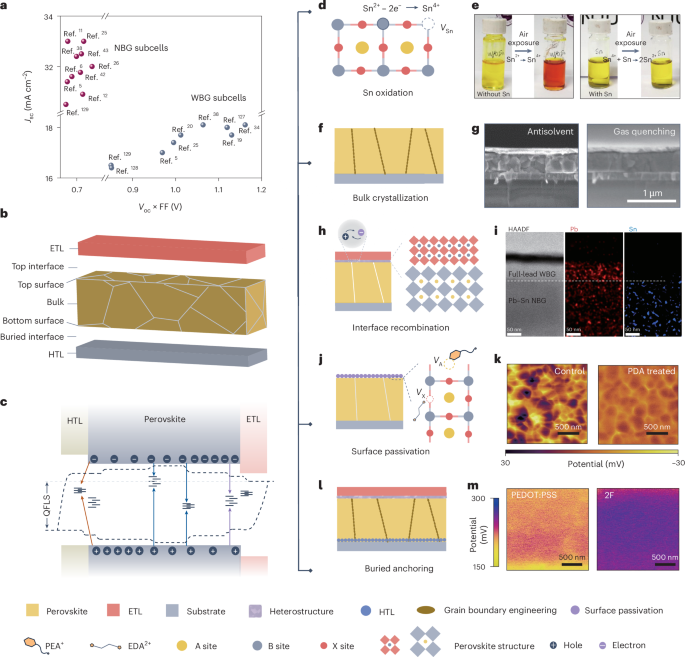Younger Brits boost consumer confidence while wealthy cut back
Consumer confidence in the UK saw a modest improvement in June, but it remains firmly negative amid ongoing inflation pressures and global uncertainty.

Consumer confidence in the UK saw a modest improvement in June, but it remains firmly negative amid ongoing inflation pressures and global uncertainty.
According to GfK’s Consumer Confidence Index, the measure rose two points to -18, still well below last year’s -12 and far from the last positive reading in 2016, when it stood at 4. Confidence in the general economy over the coming year increased by five points but remains at a low minus 28 — 17 points worse than in June 2024.
The major purchase index, which indicates consumer willingness to buy big-ticket items, held steady at -16, seven points better than last June. Meanwhile, personal finances forecasts over the next 12 months remained largely unchanged, with a positive two score, slightly down on last year.
GfK consumer insights director Neil Bellamy, said: “Consumers have been resolute in their views on their wallets, with June’s personal financial situation scores – past and future – unchanged from May.
“Yet confidence is still fragile because the dark shadow of inflation is a day-to-day challenge for so many of us.
“With petrol prices set to rise in the coming weeks following the escalation of the conflict in the Middle East, and with ongoing uncertainty as to the full impact of tariffs, there is still much that could negatively impact consumers.
“With so much volatility, now is certainly not the time to hope for the proverbial ‘light at the end of the tunnel’.”
The British Retail Consortium (BRC) reported a similar upward trend in confidence for June, with the overall economic confidence measure rising from -36 in May to -38 in June, and personal financial confidence improving seven points to -5. Personal spending rose by two points to +10.
BRC CEO Helen Dickinson said: “Younger generations [are] the most optimistic about the future.
“This rising optimism may also reflect the increase in minimum wage from April, with many younger people expected to have seen a significant uplift in their pay packet.”
However, not all groups share this optimism. High-income households have begun to cut back on spending, according to the Boston Consulting Group’s Consumer Sentiment Snapshot.
Roaul Ruparel, director of BCG’s Centre for Growth, said: “For the first time this year, they are showing a notable drop in confidence about both their personal finances and the broader economy, and this is reflected in their spending habits.
“The key question is at what point households will feel confident enough to start increasing their spend on more discretionary items, or if lower spending and higher saving rates are here to stay.”
Saltus investment manager Tom Matterson added: “Paired with increasing tax burdens and complex regulation, this is feeding into investment hesitancy and long-term concerns about UK competitiveness.”
With inflation currently at 3.4%, the Bank of England is expected to keep interest rates steady for now, delaying cuts until later in the year.
Despite the cautious mood, recent months have seen some encouraging signs, including rising retail sales and increased consumer spending in certain sectors, suggesting a gradual recovery could be underway.
Click here to sign up to Retail Gazette‘s free daily email newsletter

























